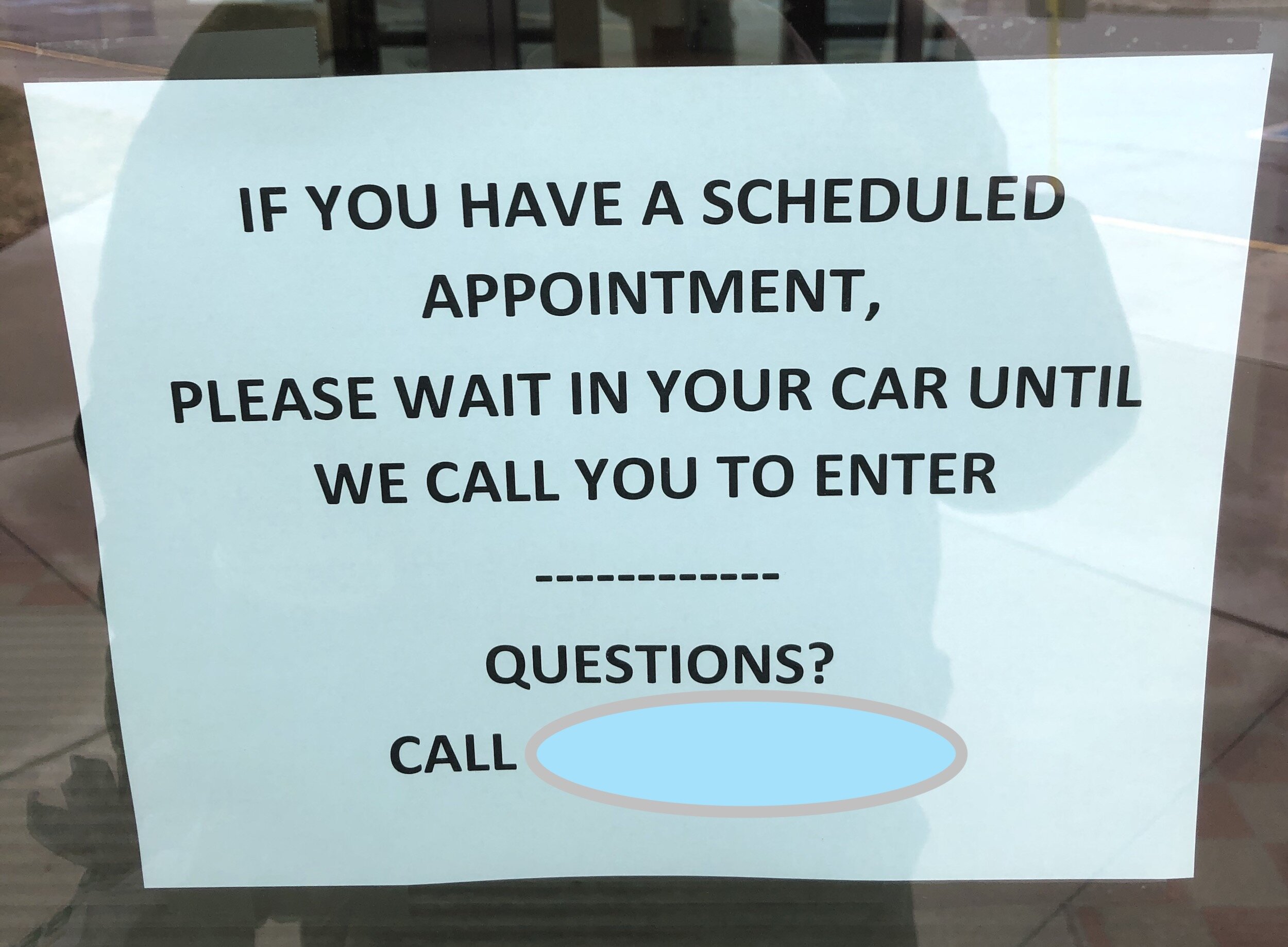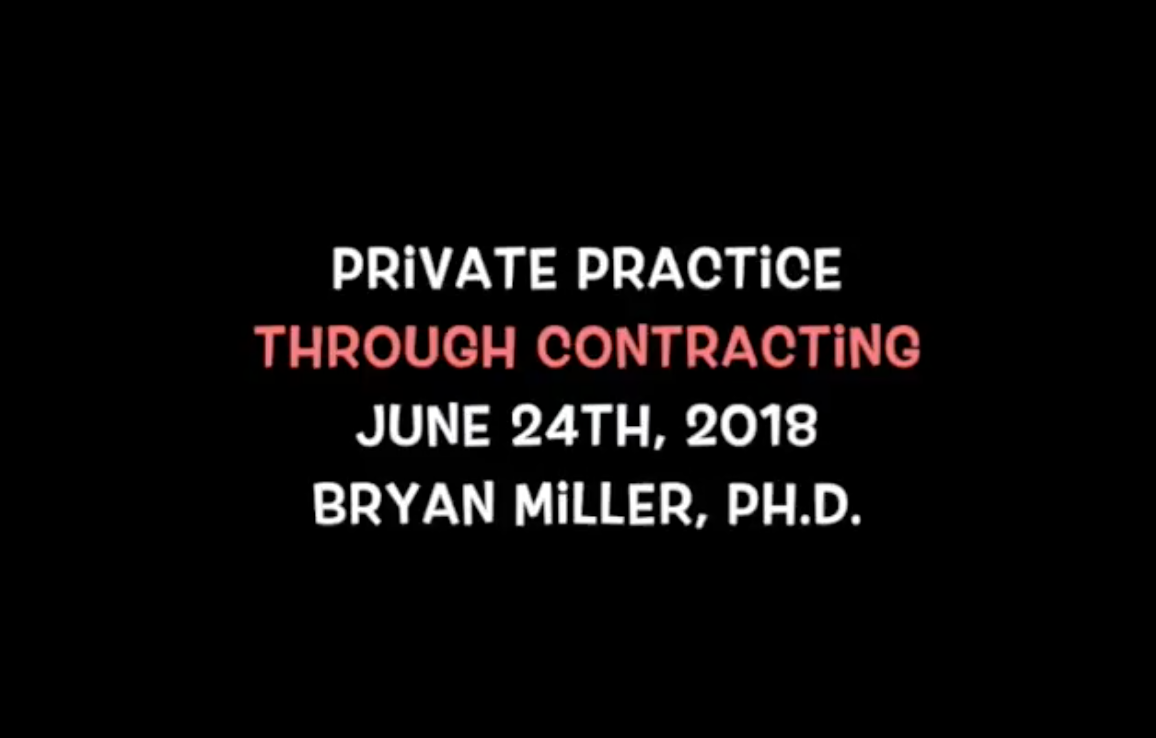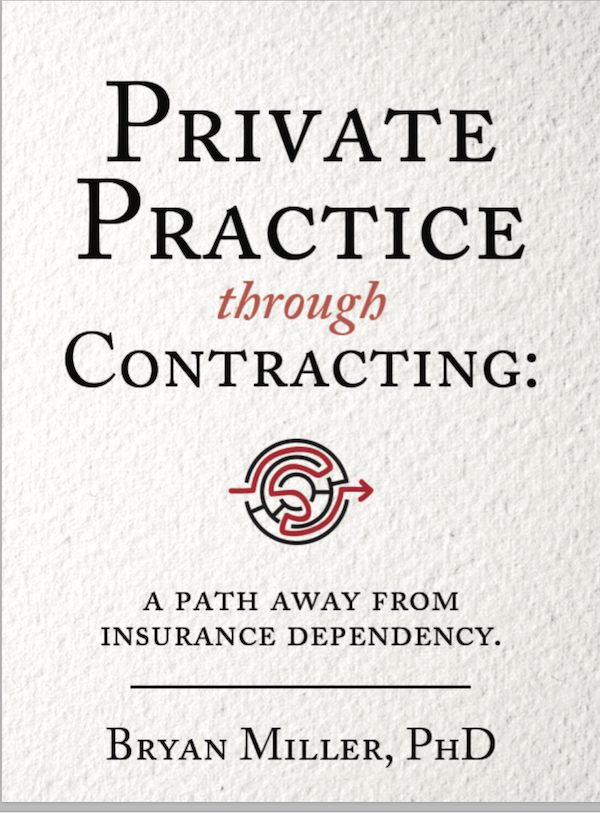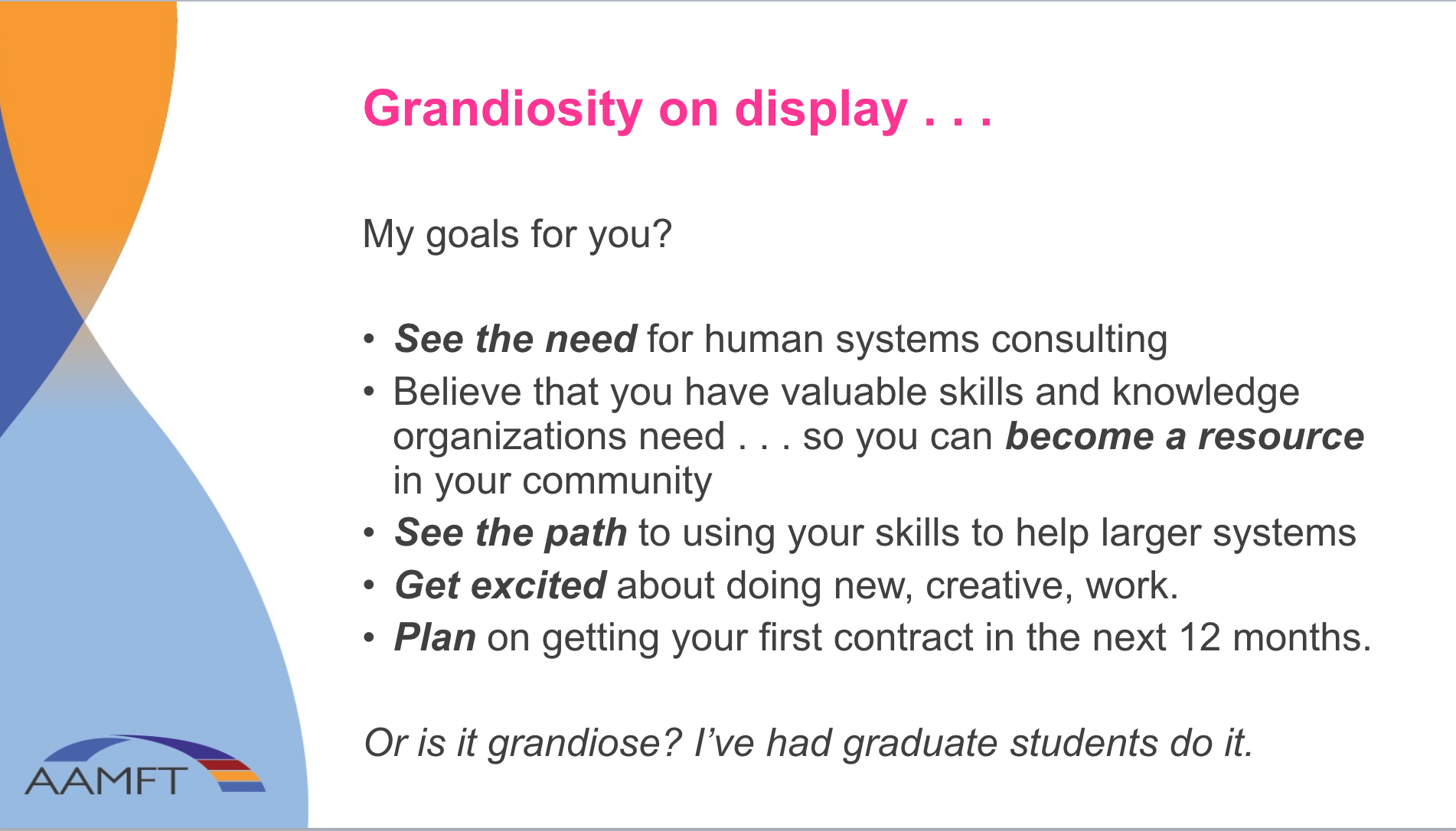Covid19/Coronavirus . . . demanded immediate operational changes for mental health practices!
Security and Eggs
“Don’t put all your eggs in one basket.” Maybe it’s a quaint old saying that has “lost it’s meaning” for most since the chicken coop has long been relegated to a historical oddity (But not for our family! See picture below . . . . So the risk of gathering and storing all our eggs in one basket is reality for us!)
However, I suspect the wisdom of the adage is not lost . . . but simply ignored in the daily complacency of life that hides the threat of imminent risk . . . until something make that risk visible. Like the Coronavirus. Very quickly, mental health practices recognized the risks of “practice as usual.” Quarantines, community acquired infections, work-from-home, state-wide lockdowns . . . so many rapid changes. Many now regret not being prepared to have Telehealth as an optional backup plan.
My kitchen counter this morning . . . Chicken, duck, goose . . . and turkey. Gathered daily then transferred to bowls, cartons, refrigerator, frying pan . . . our eggs are never all in one place.
Few prepare ahead for potential anomalies like the Coronavirus. The failure to be prepared comes from the idea that things will always operate as they have in the past. That the variables won’t change. Or changes will be brief and only moderately disruptive. When a true disruptive event occurs, as inevitably do—either slowly or in dramatic rapidity—-then the risks become profoundly obvious. We “bank on” having time to adjust.
Risk in Mental Health Services
Mental Health Practice has been no exception. Unfortunately, not many ask the question of “what if it all changes overnight?” Internally, we may ask what happens—”What if I am hit by a bus? type questions—but rarely do we contemplate shifts in our business sector. (Again, many are not prepared to ask what mathematicians ask, “What if that variable goes to zero?”)
Here are some questions that ask the “zero question.” These target “variables” that we have commonly assumed would not change
What if insurance companies shut down for several months?
What if clients will not come to the office?
What if interest in mental health services stop?
What if gatekeepers—teachers, doctors, etc.—no longer refer to mental health?
What if the government mandates closing our doors?
Some of our hens (with rooster on guard!) waiting to fill up more baskets.
Finding More Baskets
As I listen to the professional chatter about the changes being made due to the Coronavirus, I think the biggest shift is a flight into a different modality. Telehealth. I get it. I am doing it myself. In the short-term, it is the easiest “fix” and probably a necessary “stop-gap” for most private practices. But, this transition still leaves most operating in the same “basket” of healthcare dependent upon insurance and private pay.
Some, no doubt, are in the short term, relying on retained profit in the business, personal savings, or their partner’s income. Uncomfortable. It is a short-term fix that will hopefully get everyone through the current crisis . . . but not a long-term successful business strategy. Most businesses start with one product but they don’t grow by continuing to offer only one product. To do so, increases the risk to the business. What if no one needs an MP3 player anymore, for example?
This leads me to encourage you to consider finding another basket.
Business Contracting, Consulting & Coaching
In my world, contracting and coaching with businesses and leader provides some “down side protection” from the risks of health care. (Ahhh! It’s a different basket! Yes!) While business has a basket also can be effected by seismic shifts like the coronavirus . . . like has happened in the entertainment sector . . . but business is not uniformly impacted in all sectors. Therefore, it lowers risk by spreading that risk over sectors impacted in to different degrees.
For example, in a recent coaching session, I asked a business owner how the coronavirus was effecting their market and business. “it’s not. At least yet,” he answered. It seems that this particular business sector is one deemed critical to the response to the pandemic. Unlike other business sectors, it remains open for business and operating as close to normal as any in our country at present.
Someone remarked to me just this week that in the times we are in business and leaders more than ever could use the guidance of professionals who understand people. No doubt. I only wish more were available.
Learn more!
Get started with a Free Video on Private Practice through Contracting on You Tube
or download a Free eBook; Private Practice through Contracting.






























